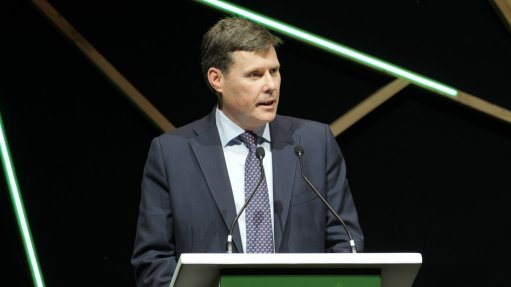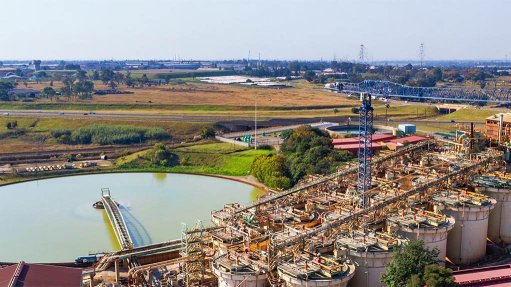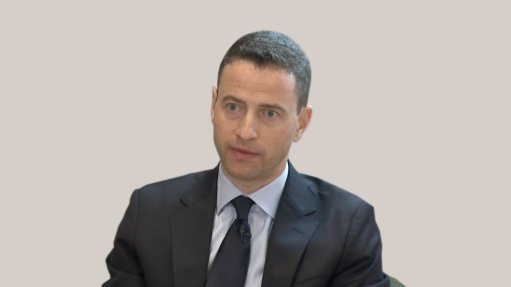Lower TCO from OEM maintenance

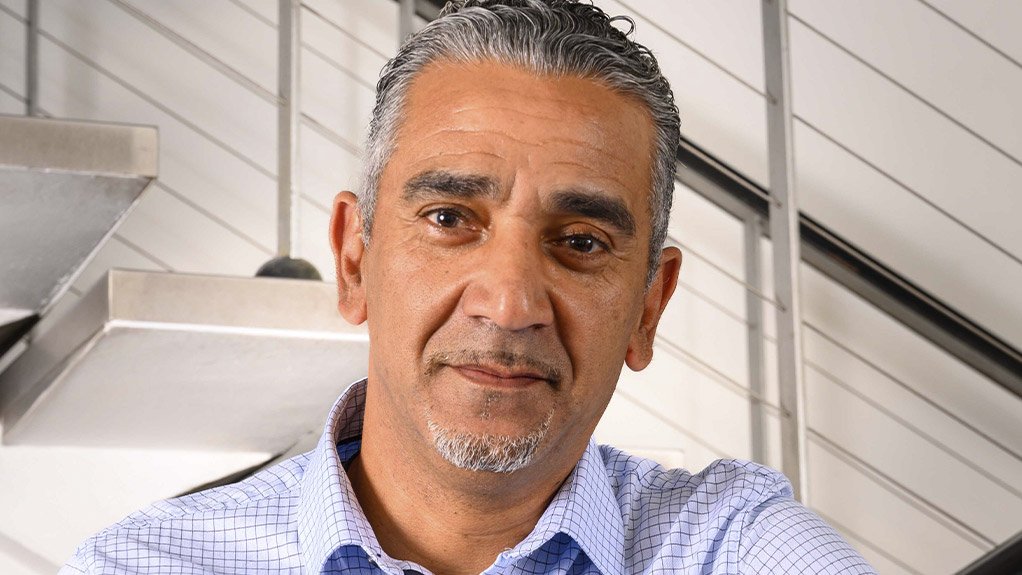
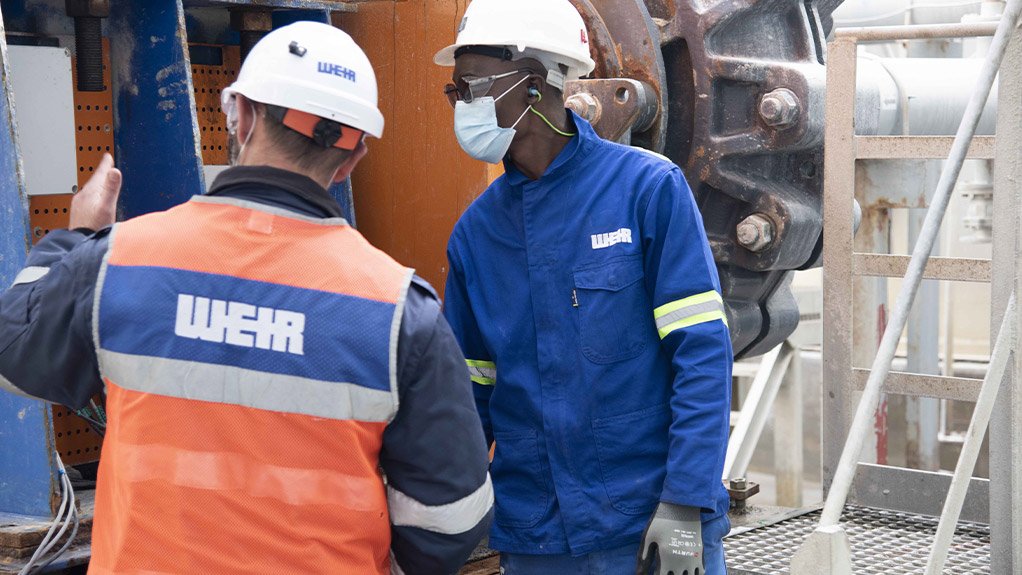
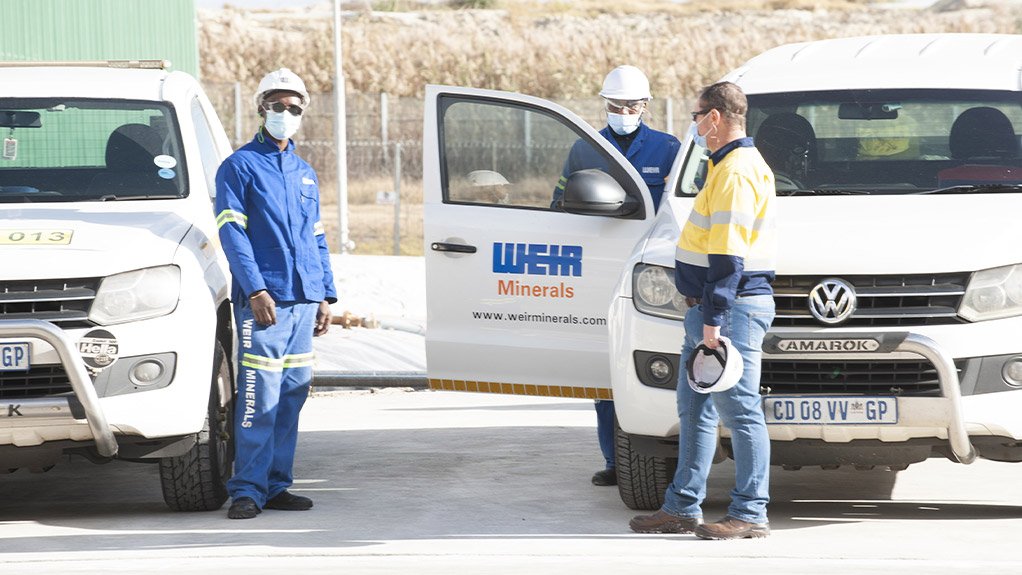
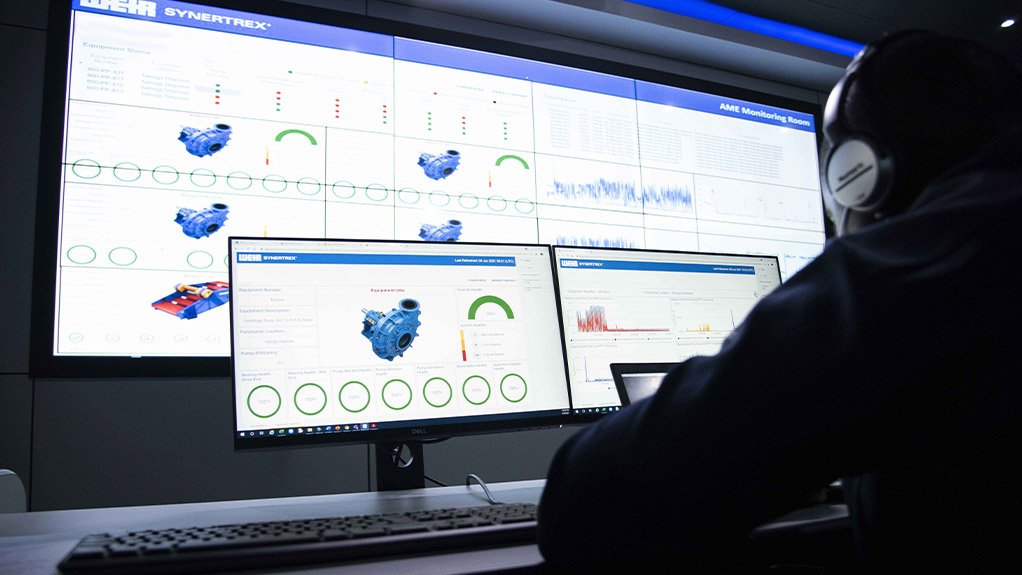
Grant Potgieter, Strategic Services Manager at Weir
Weir collaborates with their customers to optimise their maintenance strategies
Strategic partnering with Weir can help customers enhance equipment and reduce total cost of ownership
Weir’s condition monitoring technology shows the value of real-time monitoring to enhance plant performance
This article has been supplied.
( Virtual Showroom ) Achieving the best return on their plant investment is a primary goal for mines, and partnering with OEMs like Weir is a strategic way to enhance equipment performance while reducing the total cost of ownership. The company is at the forefront of helping mines transition from reactive to prescriptive maintenance approaches, ensuring sustainable and safe operations through the optimisation of technology and equipment.
“We have an extensive footprint of equipment around Africa, and focus on adding further value to these assets through the correct maintenance strategy,” says Grant Potgieter, Strategic Services Manager at Weir. “This means a constant monitoring process, where we can track performance while looking for opportunities to raise our customers’ plant availability for greater productivity.”
Plant monitoring will invariably include a regular wear analysis of components, to monitor whether such wear is in line with expectations, explains Potgieter, as well as to predict future wear and component life. Analysing this wear, however, involves a considerable amount of data from the plant operation itself, such as ore characteristics and throughput.
“Here is it important to remember that each site will have its own variables, so it is not possible to apply a standard template without understanding the specific plant,” he says. “Operating conditions may also change over time, so the assessment requires close collaboration between our team and the plant personnel on the mine.”
This allows a foundation of data to be established, on which to base the relevant corrective action, whether this is through technology, training or other interventions. Such action may be initially prompted by data that Weir picks up in its procurement process.
“Our years of experience in this market, and our careful documentation of component wear life, including historical and process information, allows us to estimate how long a certain component will last under predefined conditions,” he says. “By generating strategic reports from our procurement system, we can see if a customer is ordering components more frequently than they should be – suggesting that there is wear taking place.”
Technicians from Weir can then visit the site and examine the conditions more closely as part of a root cause analysis. This is most effectively done with a multidisciplinary team including process engineers and mechanical experts, to identify first-hand what the challenge is, and how best to address it.
Potgieter highlights the role of accurate measurement of equipment performance and condition, pointing to the fact that this is not always constant when conducted manually. To provide a platform that would overcome human error, Weir offers its own digital platform to harvest data continuously, accurately and objectively.
“It is significant that we developed our own system to do this, as we understand our equipment solutions better than anyone,” he explains. “Our digital platform allows us not only to gather and process the data from our equipment, but also generates recommendations which identify the actual cause of anomalies.”
As an example, if a sensor transmits a certain vibration signature from an item of equipment, a trained Weir Minerals condition monitoring expert will be able to verify system notifications.
While technology could be one part of the solution, he says, good communication is also crucial. To avoid any lack of communication through people working in silos, Weir arranges monthly quality meetings with customers – to ensure that all stakeholders are on board.
“This has proved to be a valuable way of getting all players involved and committed to the solutions that are agreed,” he says. “In this round table environment, everybody can be allocated a clear role, with tasks and responsibilities agreed in a transparent and accountable manner.”
This format also brings in all the necessary disciplines – from electrical and instrumentation through to mechanical and process – to reflect on the proposed solutions and ensure that the one selected is optimal.
“The key performance indicator that is shared by everyone in these meetings is cost optimisation, so this is really our focus with our discussion and solution,” he says. “We look holistically at safety, value and technology to ensure that whatever is spent on an intervention helps to lower the total cost of ownership.”
This often involves considerable change management, says Potgieter, as long term maintenance strategies may require mine personnel to adjust their procedures. Recognised for its expertise in its aftermarket services, Weir is frequently engaged by its customers to work on strategic shifts in their operating practices to optimise aspects such as equipment turnaround time and costs of refurbishment.
“We collaborate with customers as they adjust their own maintenance strategies,” he says. “To optimise the maintenance of rotables, for instance, we are able to provide service exchange units at regular intervals, as the customer removes a unit from service after a predetermined time.”
This avoids the higher cost of running a unit to failure before repairing, and reduces the risk of any unscheduled maintenance for breakdowns. As the OEM, Weir is then also able to refurbish equipment to their original standard, and offer the appropriate warranty.
Weir Minerals Africa
Article Enquiry
Email Article
Save Article
Feedback
To advertise email advertising@creamermedia.co.za or click here
Press Office
Announcements
What's On
Subscribe to improve your user experience...
Option 1 (equivalent of R125 a month):
Receive a weekly copy of Creamer Media's Engineering News & Mining Weekly magazine
(print copy for those in South Africa and e-magazine for those outside of South Africa)
Receive daily email newsletters
Access to full search results
Access archive of magazine back copies
Access to Projects in Progress
Access to ONE Research Report of your choice in PDF format
Option 2 (equivalent of R375 a month):
All benefits from Option 1
PLUS
Access to Creamer Media's Research Channel Africa for ALL Research Reports, in PDF format, on various industrial and mining sectors
including Electricity; Water; Energy Transition; Hydrogen; Roads, Rail and Ports; Coal; Gold; Platinum; Battery Metals; etc.
Already a subscriber?
Forgotten your password?
Receive weekly copy of Creamer Media's Engineering News & Mining Weekly magazine (print copy for those in South Africa and e-magazine for those outside of South Africa)
➕
Recieve daily email newsletters
➕
Access to full search results
➕
Access archive of magazine back copies
➕
Access to Projects in Progress
➕
Access to ONE Research Report of your choice in PDF format
RESEARCH CHANNEL AFRICA
R4500 (equivalent of R375 a month)
SUBSCRIBEAll benefits from Option 1
➕
Access to Creamer Media's Research Channel Africa for ALL Research Reports on various industrial and mining sectors, in PDF format, including on:
Electricity
➕
Water
➕
Energy Transition
➕
Hydrogen
➕
Roads, Rail and Ports
➕
Coal
➕
Gold
➕
Platinum
➕
Battery Metals
➕
etc.
Receive all benefits from Option 1 or Option 2 delivered to numerous people at your company
➕
Multiple User names and Passwords for simultaneous log-ins
➕
Intranet integration access to all in your organisation














